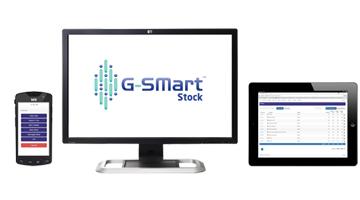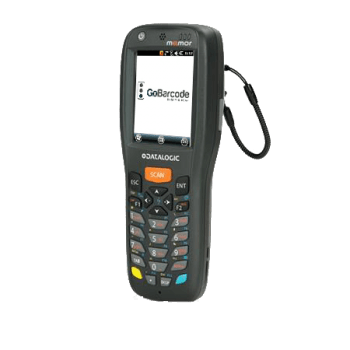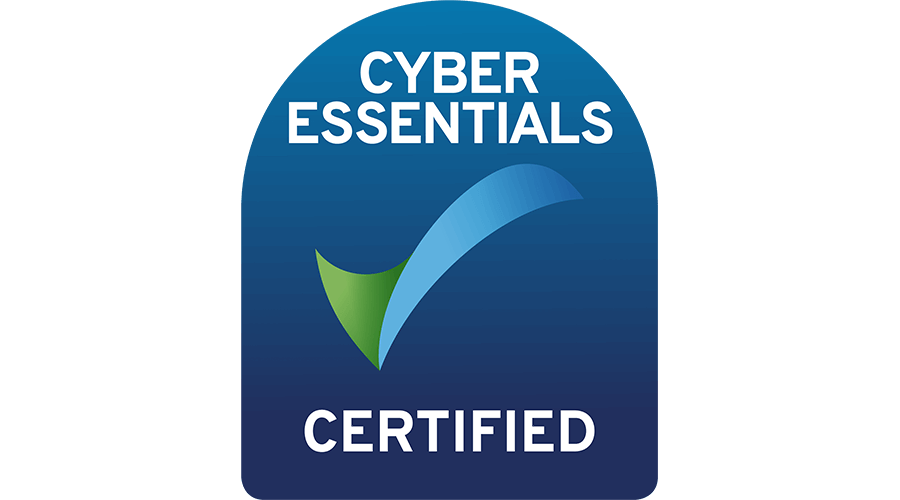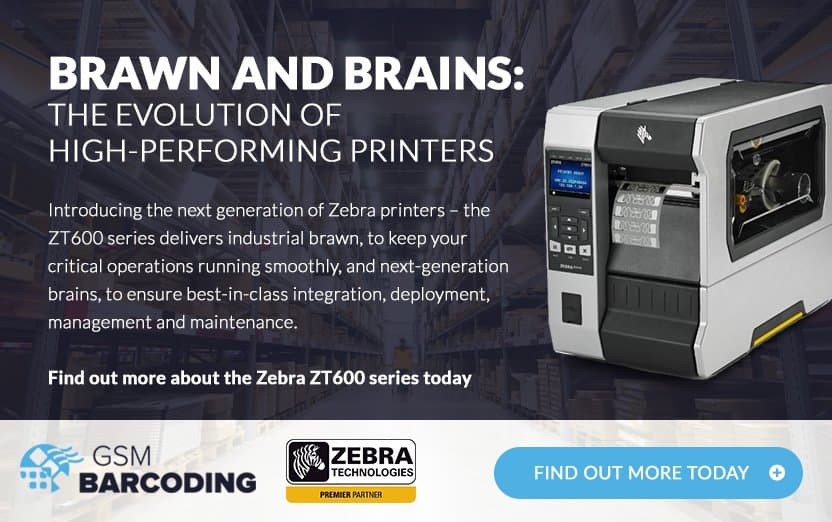Inventory Management – or stock management – is critical to maintaining a controlled, profitable business and this is especially crucial for smaller enterprises where margins are tighter.
Starting up a new business can be an exciting and hectic time. While managing your stock may not be at the top of your list of things to do, it is often one of the biggest influencers of revenue so it’s therefore worth getting it right from the start.

What is Inventory Management?
Put simply, it is knowing which assets, or stock, you own, where they are and what condition they’re in. It is also likely to be a source of your biggest initial expenditure; until customers have bought your stock and paid for them, your revenue is essentially locked-in, so it is important to look after it.
Many businesses – especially smaller concerns – manage their inventory manually; often personnel will be dedicated to this task, likely to involve a spreadsheet, either as part of other responsibilities or as a sole duty. Whilst this may seem sufficient, particularly at the start of a new venture, not only is it unlikely to be sustainable; it is also unlikely to be completely accurate.
With all the best will in the world, human beings are prone to error, whether that is in terms of physically entering the data or remembering to schedule in time to manage an inventory. The former of these weaknesses of a manual system is particularly pertinent for businesses with large quantities or ranges of stock.
How Inventory Management Systems Work
Happily, thanks to advances in technology, there are more effective options available that not only provide a more efficient alternative but are also significantly more accurate than relying on human data collection.
One such solution is provided by barcoding systems, with options available for any size of business. Our G-SMart Stock, for example, is a stand-alone system with wireless-enabled processing that can track stock via barcodes and, being incredibly easy to use, is perfect for businesses of all sizes. It can be configured to work with your computers in a variety of locations which enables the collection of data at the point of use, thus eliminating the need for implementing a whole-scale warehouse management system.

The apps are pre-installed on the latest mobile computer scanners and enable you to create data collection forms that are relevant to you and the type of information you need to retrieve. With the ability to customise individual barcodes, reports can be exported in a range of formats for you to interpret and record.

Why is (Good) Inventory Management Important?
We’ve already mentioned that revenue is tied up in your inventory until the point of sale so on that basis alone it is worth taking care of it. However, there are implications associated to not doing this efficiently that might not be immediately obvious.
Effective management of inventory enables accurate planning and forecasting; if you know exactly what stock you hold and information relating to when it’s due to expire you can determine how much you will need based on how much you have sold.
If you aren’t able to identify exactly what stock you have, any particularly large orders might go unfulfilled which of course would be detrimental for your customer and, in turn, your business. There are high expectations of customer service, particularly in a competitive market; if you give a customer the perfect reason to go elsewhere, they’re unlikely to come back to you.
If the inability to fulfil orders occurs during a peak buying season, this could be very costly in the long term indeed.
Inadequate planning and not knowing which products you have and how many of them you have in stock can also cause errors when it comes to reordering; if you don’t know what you already have, how can you possibly make a decision as to whether you need more or not? Erring on the side of caution and potentially ordering unnecessary stock is not a viable long-term solution for most businesses, particularly smaller ones, for a number of reasons.
Excess Inventory
For organisations involved in the food manufacturing, services and retail industries, the inputs and finished products are overwhelmingly likely to be perishable items and represent the core of the business. If through poor inventory management you have excess stock, there’s an increased potential that produce might spoil, so the money you invested in it is immediately wasted.

Of course, it isn’t just food items that can be rendered unsellable. Some products are time-sensitive such as calendars or fast-fashion; having too much of these kinds of goods that you cannot sell at full margin will hit your bottom line straight away.
Most businesses don’t have the luxury of flexibility in finances, so having a source of revenue locked-in to superfluous products is money that could have been more efficiently spent, either on items you can sell, paying staff wages or repaying debts and reducing interest liability.
There are risks with the practicalities of excessive stock. There may be health and safety implications of storing certain products for prolonged periods of time. Oil storage, as an example, can have potentially disastrous consequences if not well managed; we need look no further than the fire at the Hertfordshire Oil Storage Terminal in December 2005.
A stuck manual gauge coupled with a broken independent shut-off switch led to the overfilling of Tank 912, causing petrol to overflow through vents and form a vapour cloud at ground level which ultimately ignited.
The resulting explosion led to a blaze lasting for five days; the subsequent investigation into the incident found that, amongst other causes, staff “..did not have enough information to properly manage the storage of incoming fuel…” The owners of the depot were collectively fined a total of £8.6m, including £3.6m costs, at a trial in 2010 to add to the losses of investing in the petrol in the first instance.
This may be an extreme example, but it is easy to see how adequate storage arrangements can be crucial, not only in the context of Health and Safety, but also in terms of the cost of storing the goods in the first instance; with space at a premium, the associated costs could be significant.

Insufficient Inventory
We’ve touched upon how an inability to fulfil orders due to insufficient stock can be damaging, and Boeing’s ill-fated announcement in 2004 of launching the 787 Dreamliner within two years is a perfect example.
After much fanfare, 677 orders for the aircraft had been placed, yet the production timescale plans were in tatters within a matter of months as a result of a mismanaged stock of fasteners. It was not until two years after the original planned delivery date that the first test flight was able to take place, with the company suffering huge reputational and commercial damage as a consequence.
Smaller enterprises rely more heavily on retaining a loyal customer base – and, depending on the product or service being sold, there is a likelihood that those customers could be small businesses themselves. With that being the case, it is unlikely that they are in a position to be able to manage an unpredictable supply, so they will simply purchase goods that you can’t provide them from elsewhere and may do so on an ongoing basis, resulting in the future loss of their business.
There is much evidence as to why inventory management is so important for your business, but it doesn’t need to be complex and costly. Our range of solutions, from entry-level products to more sophisticated offerings that can be incorporated into your existing operation. Along with our time-served experts, they are designed to take care of what is arguably the most important asset of a business and help support effective stock control for an efficient way of working and, ultimately, a healthier bottom line.


















